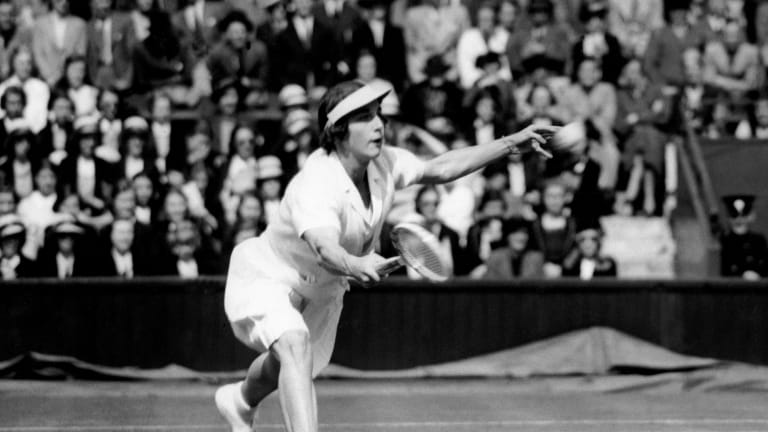Tennis Lessons
On This Day, 1933: Helen Wills loses first match in seven years
By Aug 26, 2022Tennis Lessons
The burdensome bonus pool on the ATP tour, explained
By Nov 29, 2025Tennis Lessons
Working within traditional framework, tennis players made their point in 2025
By Nov 23, 2025Tennis Lessons
REVIEW: Sincaraz books capture Jannik Sinner, Carlos Alcaraz in the wake of new era-defining dominance
By Oct 24, 2025Tennis Lessons
What is the importance of stats in professional tennis?
By Oct 18, 2025Tennis Lessons
JTCC makes "Tennis for Everybody" with adaptive tennis program
By Sep 13, 2025Tennis Lessons
What is an unforced error? A meditation on the tennis player's least favorite stat
By Dec 28, 2024Tennis Lessons
The Never-Ending Serve Quest: Top players shift focus towards improved deliveries
By Feb 27, 2024Tennis Lessons
Roger Federer in primetime: TC Plus Classics to revisit 20-time Slam champ's greatest matches
By Dec 19, 2023Tennis Lessons
Winning Ugly, revisited: Brad Gilbert’s ethos returns with Coco Gauff Slam triumph
By Sep 30, 2023On This Day, 1933: Helen Wills loses first match in seven years
"What one does under the stress of emotion and pain cannot be calculated in the cold-blooded terms of the spectator," Helen Jacobs said after her opponent retired in the third set of their U.S. National Championships final.
Published Aug 26, 2022
Advertising

Wills would later be inducted into the International Tennis Hall of Fame in 1959
© AFP via Getty Images